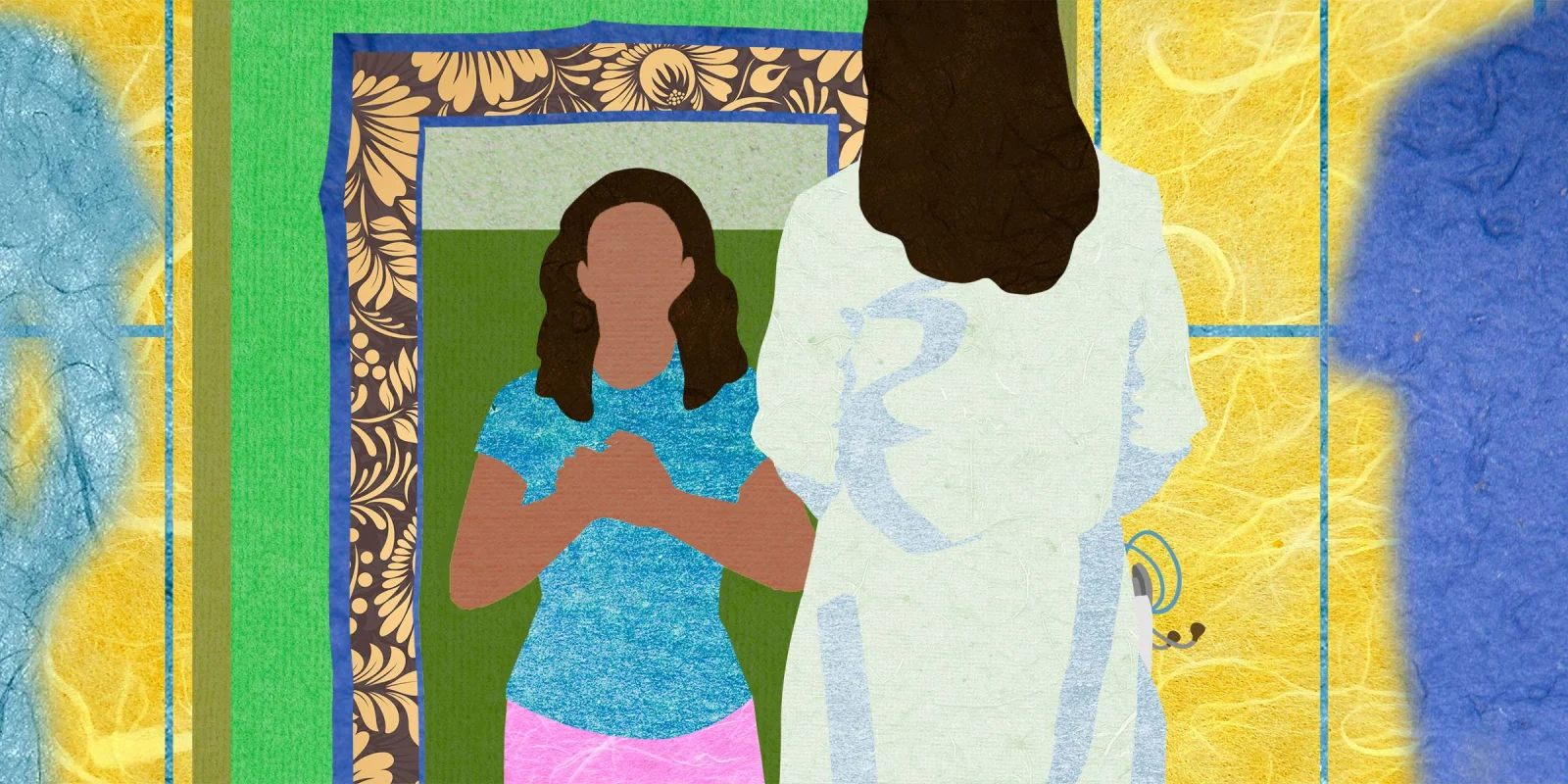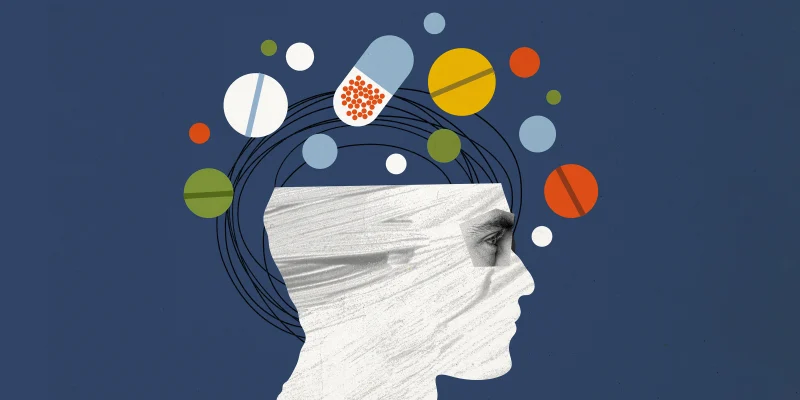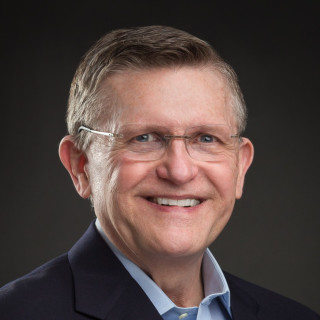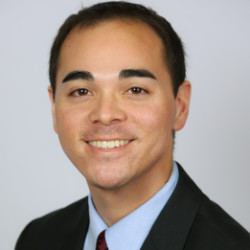Have you ever thought about what makes a doctor good?
The easy answers come first: high board scores, strong clinical acumen, a calm and reassuring bedside manner. These are all things we strive to develop in training — and to some degree, they are measurable. However, when it comes to the less tangible aspects of care — such as empathy, presence, and the ability to connect with a patient in crisis — the question becomes much harder to answer. What does it mean to be a good doctor, and who gets to decide?
Recently, while rotating on the inpatient pediatrics service, I cared for a medically complex child whose vital signs remained tenuous throughout the night. I checked in on the patient frequently and kept their family updated as best I could, balancing clinical vigilance with clear communication. Toward the end of the shift, my senior resident sat down with the patient’s mother and offered a more in-depth explanation of what was happening. The patient’s mother broke down crying and thanked my senior for the compassion and clarity she had brought to an overwhelming situation. “You’re the first doctor who cared and made me feel heard,” she said. The feedback, though well-intentioned, stung. I had reviewed vitals and labs, updated and reassured the family, and formulated the medical plan. And yet, I left the shift feeling guilty and inadequate. In that moment, regardless of how confident I had felt in my actions, I hadn’t been the doctor that family needed or wanted.
The interaction replayed in my mind over the next few days. It wasn’t a sense of insecurity or professional jealousy. It was the realization that being a “good” doctor is profoundly subjective — shaped by the needs, fears, and expectations of the person in front of you. While I don’t do this job for verbal recognition, it was eye-opening to discover that my self-assurance didn’t translate into acknowledgement or approval. Was I wrong or overconfident to feel that I had done a good job? Or does the family’s perception hold more weight than mine?
During residency, I’ve attempted to make peace with the reality that not every patient or family will like me — and that this alone does not make me a bad doctor. The work we do places us in constant contact with the full spectrum of personalities, experiences, and traumas. Just as I bring my whole self into each interaction, so do the people I care for, and their opinions do not always reflect my clinical abilities. So then, whose opinion determines whether I’m doing a good job?
It would be comforting, though delusional, to say that only my opinion matters — that self-assurance is enough. We’ve all seen examples of clinicians who lack self-doubt or the ability to respond to feedback, and who subsequently create harm. Conversely, if one relies too heavily on the evaluations of others — patients, attendings, colleagues — one risks fighting the losing battle of people-pleasing.
Even within the medical community, the definition of “good” is highly variable. Some attendings value efficiency or emotional presence, while others prefer accurate and technical documentation or a leadership style similar to theirs. One attending might praise me for being measured and calm; another might criticize me for being too reserved. It’s frequently possible to receive both affirmation and criticism for the same behavior.
So if not my supervisors’, perhaps it’s more important to value my loved ones’ opinions. My mother, for example, is proud of me and would say I’m a good doctor because I care about and listen to my patients. But … neither my mother nor anyone else in my family has ever actually watched me care for a patient. And so, though my loved ones’ opinions matter to me deeply, they don’t necessarily reflect the realities of my daily work.
As a result, I’ve started to think that the answer is less about who defines goodness and more about how one relates to goodness. Residency, at its core, is a long process of formation, not just as a doctor, but also as a person. Part of that process has meant building a more honest and nuanced relationship with myself. One that includes uncertainty, contradiction, and even disappointment. One that resists the impulse to measure goodness purely through patient or supervisor validation. One that prioritizes growth and feedback, but still believes in my ability to get things right.
There are days I feel proud of my work, not because of what a patient or attending said, but because I know I was present, thoughtful, and grounded in my values. And there are days I fall short of being the conscientious and ideal doctor I want to be, and I learn how to commit to plans, acknowledge my knowledge shortcomings, and recenter the patient in my care. Instead of labeling those days as failures, I’m learning to see them as part of the evolving relationship I have with both the doctor and the person I am becoming.
What’s your definition of a “good” doctor? Share in the comments!
Dr. Brinda Sarathy is a family medicine resident at the University of Colorado in Denver, CO. She is passionate about social justice, medical education, and storytelling. In her free time, you can find her hiking, paddleboarding, or exploring a local bookstore. Dr. Sarathy was a 2024–2025 Doximity Op-Med Fellow, and continues as a 2025–2026 Doximity Op-Med Fellow.Illustration by Jennifer Bogartz







